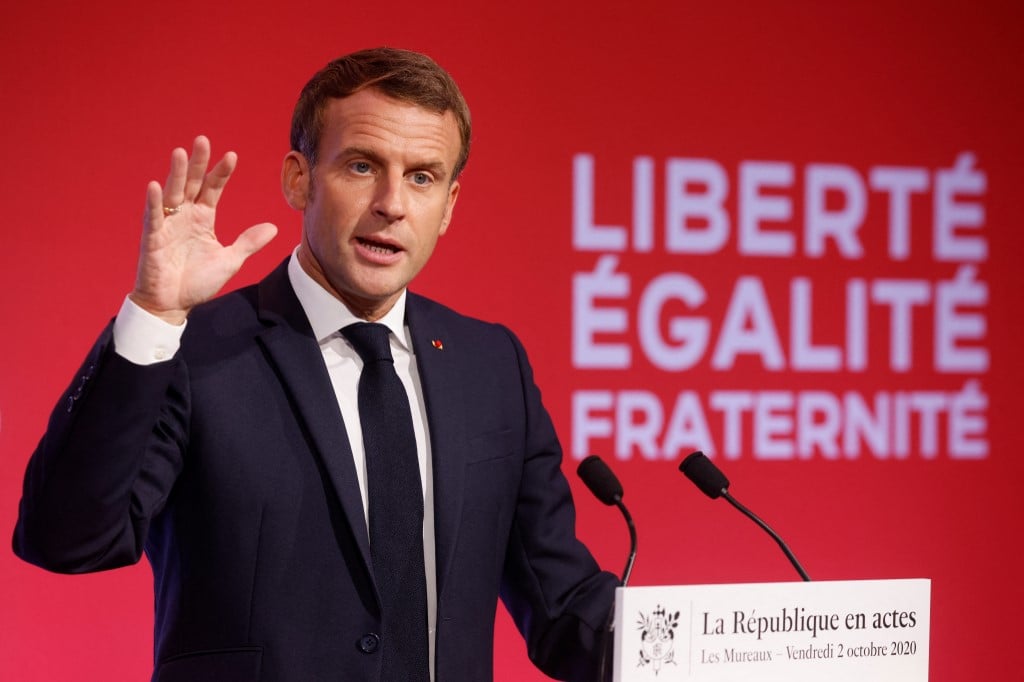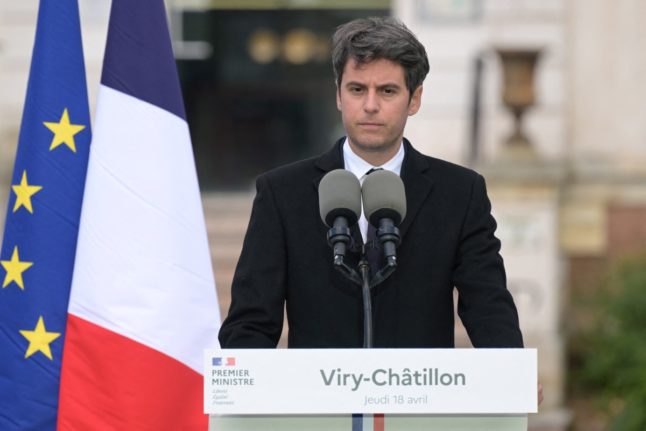With an eye on 2022 elections, President Emmanuel Macron has championed the bill which seeks to tighten rules on issues ranging from religious teaching, online hate to polygamy.
It has been debated in a highly charged atmosphere in France after three attacks late last year by extremists including the beheading in October of teacher Samuel Paty, who had shown his pupils cartoons of the Prophet Mohammed.
The law is dubbed the anti-separatism bill as ministers fear Islamists are creating communities that reject France's secular identity and laws, as well as its values such as equality between the sexes.
ANALYSIS: What is actually contained in France's new law against Islamic extremism?
France, home to Europe's largest Muslim community, is still shaken by the succession of massacres committed by Islamist militants from January 2015 that left hundreds dead.
The National Assembly lower house is expected to vote on the legislation in the afternoon after a total of 135 hours of debates that saw some 313 amendments adopted.
Macron's ruling party has a large working majority, meaning the legislation is expected to pass, but the upper house Senate will also examine the draft legislation in the coming months and could amend it.
'Hostile ideology'
Interior Minister Gérald Darmanin said after the final debate on Saturday that the bill “provides concrete responses to… the development of radical Islam, an ideology hostile to the principles and values on which the Republic is founded.”
Paty's killing prompted the inclusion of the specific crimes of online hate speech and divulging personal information on the internet that could be used to harm a public-sector worker.
Paty was the subject of an online hate campaign started by a parent of a child at his school who objected to him showing the Prophet cartoons.
READ ALSO How publishing Prophet Muhammed cartoons has become a quasi-religious act in France
Under the legislation, doctors will also be fined or jailed if they perform a virginity test on girls, while it also extends sanctions on polygamy.
The state will also have far greater powers to close down places of worship that are found to air “theories or ideas” that “provoke hate or violence towards a person or people.”
One of the most contentious articles concerns home schooling, with the rules considerably sharpened to require official authorisation on grounds of health or handicap for children to learn at home.
But for the right-wing opposition The Republicans (LR) the bill does not go far enough, notably by not restricting the wearing of the Islamic headscarf in spaces like universities.
“It's a small law on a big subject,” said LR MP Julien Ravier. The right, which has the majority in the Senate, may try to toughen it further when it enters the upper house.
Nearly 200 people demonstrated in Paris on Sunday against the bill accusing it of “reinforcing discrimination against Muslims”.
A US envoy on religious freedom last year criticised the bill as “heavy-handed” and it has sparked unusually critical coverage in English-language media, even prompting Macron to write personally to the Financial Times to defend it.
Analysts have said Macron, who came to power in 2017 as a centrist reformer, has noticeably tacked to the right over the last months as he scents that his 2022 presidential reelection battle will come down to a run-off duel with far right National Rally (RN) leader Marine Le Pen.
OPINION The French interior minister is becoming a danger to Macron and France's reputation
Le Pen, who has proposed banning the Muslim headscarf in all public places in France, said at the debate she was “disappointed” by the scope of the bill.



 Please whitelist us to continue reading.
Please whitelist us to continue reading.
Member comments